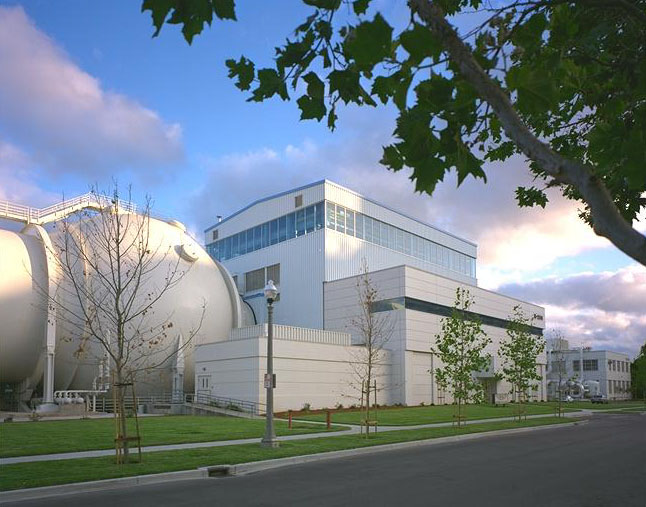By Ed Hoffman
One of my favorite lines from literature is, “I would prefer not.”
The words are spoken by a character in Herman Melville’s short story “Bartleby the Scriven — A Story of Wall Street.” In it, a productive office is tossed into turbulence based on one employee’s simple but powerful response that he “prefers not” to do an assignment. The employee, Bartleby, is a quiet, unassuming, steady worker, yet disagreeable to new tasks. His boss, the narrator of the story, tries to force Bartleby to change, but the latter simply won’t.
The narrator’s actions, behaviors, considerations and strategies to alter Bartleby provide the framework of the story, a brilliant illumination on the challenge of teams, projects and leadership.
I wondered recently if I have a greater understanding of Bartleby today than when I first read the story in high school — years ago. What have I learned? How would I have reacted to Bartleby? Since Melville published the story in 1853, there have been numerous offerings on how to lead. Experts on the subject have offered all kinds of models, prescriptions, guidelines and advice. Books promise to offer anyone the straightforward secrets on how to motivate, guide, coach, persuade, inspire, and lead. Follow these six simple steps and voila… we’re on the way to becoming just like Lincoln, Grant, Lee, Moses, or Attila the Hun.
To answer my own questions, I turn to an early episode in my NASA career. Actually, it was the first day of work. I was going through security and waiting on a line to be fingerprinted. I heard laughter. When I reached the front of the line (the sharp reader will note based on my need to stand on a line for new employees that I am dating myself) I realized this happiness was coming from the woman who was doing the fingerprinting. She was laughing and congratulating all new employees. I remember her energy and pride in working for NASA. She assured me that I was the luckiest person on earth. NASA was a great place to work — all her family and friends were so impressed!
The woman had a tank-full of high-octane energy and enthusiasm. For me this moment defined the critical essence of work — PASSION!
Having a passion for what you do is the critical ingredient in any successful work environment or task. High-energy people always look for ways to succeed. They brighten up a project and provide the necessary enthusiasm.
All of the other attributes of leadership are clearly important, but to me passion is the one essential. During our most recent Knowledge-Sharing meeting on the West Coast, we discussed the importance of passion. Reflecting on the discussion, I’m reminded of Bartleby and realize that “preferring not to” is a condition lacking passion.
Leadership is about PASSION. It is about people who choose to do something because it is important to them. We all came to NASA with this passion. The secret to project leadership is how to keep the passion flowing.






